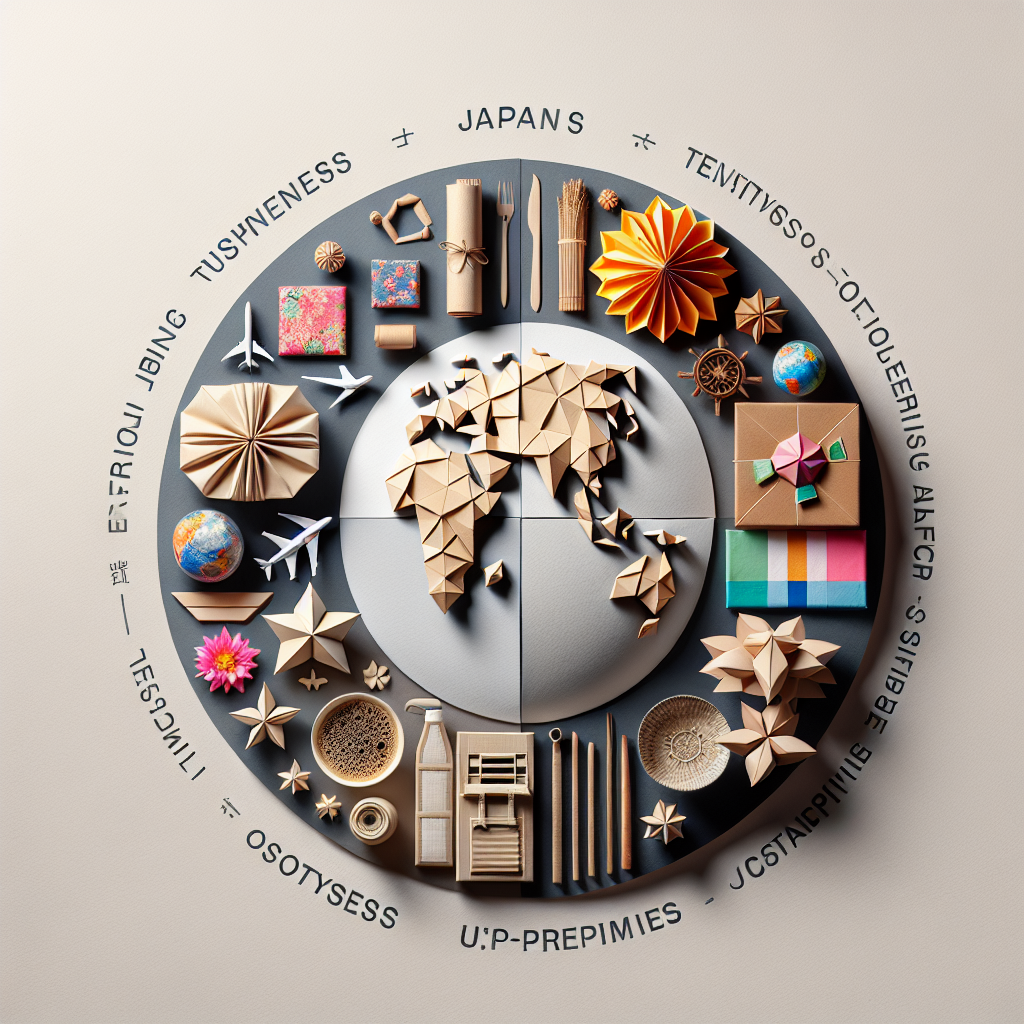Have you ever wondered how people from different parts of the world embrace frugal living? In this article, we will embark on a fascinating journey to explore the various cultures and traditions of frugality from around the globe. From the profound simplicity of Japanese minimalism to the resourcefulness of Indian jugaad, you will gain insights into the different approaches and practices that shape these societies’ frugal lifestyles. So, grab your passport and let’s embark on this eye-opening adventure into the world of frugal living practices!
Frugal Living Practices: Insights into Global Cultures
Frugal living is not just a practice of saving money, but it is also a way of life that is embraced by people all over the world. By adopting frugal habits and practices, individuals can not only save their financial resources but also contribute to a more sustainable and mindful lifestyle. In this article, we will explore the frugal living practices in different regions of the world, gaining insights into the cultural values and traditions that shape these practices.
Frugal Living Practices in Asia
– Japan: The Art of Mottainai
In Japan, frugality is deeply rooted in the cultural concept of “Mottainai,” which can be translated as a sense of regret for wasting resources. The Japanese people have a profound respect for objects and believe in utilizing them to their fullest potential. From reusing and recycling to repairing items, Mottainai encourages a mindful approach to consumption. By embracing Mottainai, the Japanese have not only reduced waste but also nurtured a sense of gratitude towards the resources they possess.
– India: Embracing Minimalism
Minimalism is a way of life ingrained in the Indian culture. Many Indians believe in the principle of “simple living, high thinking,” which emphasizes the importance of valuing experiences over material possessions. Indians often practice frugality by minimizing excessive consumption and focusing on essentials. This approach not only helps individuals save money but also encourages living a more meaningful and fulfilling life.
– China: Thriftiness as a Virtue
China has a long-standing tradition of thriftiness, where saving and conserving resources are considered virtues. The Chinese practice frugality by adopting thrifty habits such as repairing broken items instead of replacing them, reusing materials, and practicing moderation in daily activities. By valuing thriftiness, the Chinese not only save money but also contribute to reducing waste and preserving resources for future generations.
– Thailand: The Wisdom of Sufficiency Economy
In Thailand, the concept of “sufficiency economy” plays a crucial role in fostering frugal living practices. The sufficiency economy philosophy encourages individuals to live within their means and maintain a balanced approach to consumption. Thai people are mindful of their spending habits, emphasizing self-sufficiency and wise resource management. By embracing the wisdom of sufficiency economy, Thais have created a sustainable and resilient society that values frugality.

Frugal Living Practices in Europe
– Germany: Practicality and Resourcefulness
In Germany, frugality is deeply intertwined with practicality and resourcefulness. Germans have a strong focus on efficiency and sustainability, which reflects in their frugal living practices. They prioritize quality over quantity and value long-lasting products that can be repaired or repurposed. Germans also practice energy conservation and waste reduction, making frugality an integral part of their daily lives.
– Italy: A Love for Slow Living
Italian culture emphasizes a slower pace of life and values experiences over material possessions. Italians have a deep appreciation for the simple pleasures of life, such as good food, family, and community. By embracing the concept of “dolce far niente,” or the sweetness of doing nothing, Italians practice frugality by savoring moments of leisure and prioritizing quality over quantity in their consumption habits.
– The Netherlands: Thriving on Moderation
The Dutch have a longstanding tradition of living a modest and balanced lifestyle, rooted in the concept of “gezelligheid,” which encompasses a cozy and enjoyable way of life. The Dutch practice frugality by prioritizing sustainable choices, such as biking for transportation, growing their own food, and practicing energy conservation. Through these practices, the Dutch not only save money but also contribute to environmental preservation.
Frugal Living Practices in Africa

– Nigeria: Thriftiness as a Way of Life
Nigerians have embraced thriftiness as a way of life, deeply rooted in their cultural values. Nigerians practice frugal living by making the most out of limited resources, reusing and repurposing items, and engaging in communal sharing practices. Through these practices, Nigerians have built resilient communities that value resourcefulness and sustainability.
– Zimbabwe: Embracing Ingenuity
In Zimbabwe, frugality is born out of necessity and resource scarcity. Zimbabweans have developed ingenious ways of making do with what they have, allowing them to thrive in challenging circumstances. From repurposing materials to creating sustainable farming practices, Zimbabweans exemplify the spirit of frugality through their ingenuity and ability to find innovative solutions with limited resources.
– Morocco: The Art of Negotiation
Moroccan culture places a strong emphasis on negotiation and bargaining, which extends to the practice of frugality. Moroccans are skilled in making informed purchasing decisions and negotiating prices, allowing them to make the most out of their financial resources. By embracing the art of negotiation, Moroccans not only save money but also develop valuable interpersonal skills.
Frugal Living Practices in the Americas
– United States: The Rise of Minimalism
In recent years, the United States has witnessed a rise in minimalist lifestyles, where individuals prioritize experiences and quality over excessive material possessions. Americans engage in decluttering practices and conscious consumerism, reducing waste and embracing a more frugal way of life. By adopting minimalism, Americans have found a sense of liberation from the desire for material abundance and embraced a more meaningful and intentional lifestyle.
– Mexico: Living Simply and Happily
Mexican culture places a strong emphasis on family, community, and the joy of simple pleasures. Mexicans practice frugal living by valuing familial support, sharing resources, and engaging in communal activities. By focusing on cultivating strong relationships and cherishing moments of togetherness, Mexicans prioritize happiness and contentment over excessive material consumption.
– Brazil: The Beauty in Resourcefulness
Brazilian culture celebrates resourcefulness and creativity, which is reflected in their frugal living practices. Brazilians have a knack for repurposing materials and finding new uses for discarded items, embracing a more sustainable approach to consumption. By embracing resourcefulness, Brazilians not only find value in the things they already have but also contribute to waste reduction and environmental preservation.
Frugal Living Practices in Oceania
– Australia: Sustainability and Self-Sufficiency
Australians value sustainability and self-sufficiency, leading to frugal living practices that prioritize environmental preservation. Australians engage in sustainable practices such as water conservation, energy efficiency, and responsible consumption. By embracing self-sufficiency and sustainability, Australians reduce their ecological footprint and create a more environmentally conscious society.
– New Zealand: The Kiwi Way of Life
New Zealanders, often referred to as Kiwis, practice frugality through a strong connection to nature and simplicity. Kiwis emphasize the importance of living in harmony with the natural environment, utilizing resources responsibly, and valuing self-sufficiency. By embracing the Kiwi way of life, New Zealanders prioritize sustainable practices and the preservation of their pristine natural landscapes.
In conclusion, frugal living practices vary across cultures but share a common thread of resourcefulness, sustainability, and mindful consumption. From Asia to Oceania, people around the world have embraced frugality as a way of life, contributing to their personal well-being, the well-being of their communities, and the preservation of our planet’s resources. By gaining insights into these cultural practices, we can all learn valuable lessons and make conscious choices that contribute to a more sustainable and fulfilling future. So, let’s embrace the wisdom of frugality and create a world where abundance lies not in excess but in mindful appreciation and responsible consumption.

